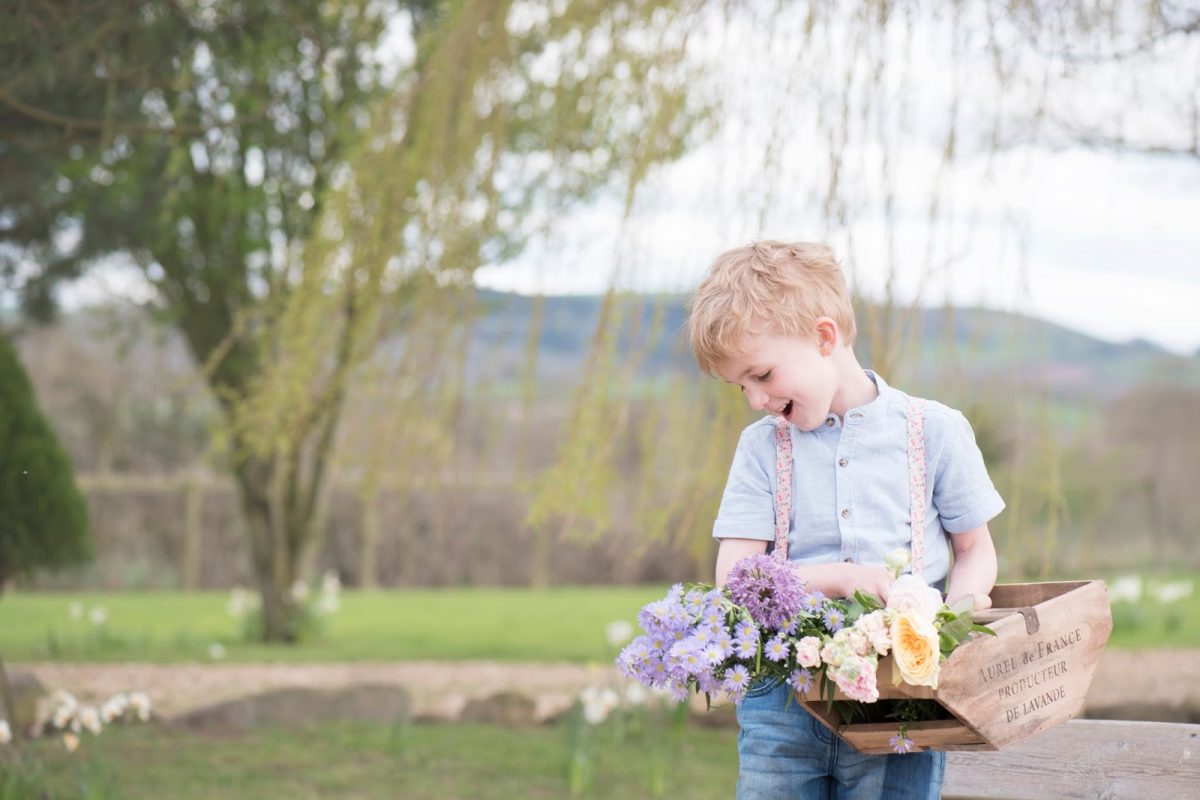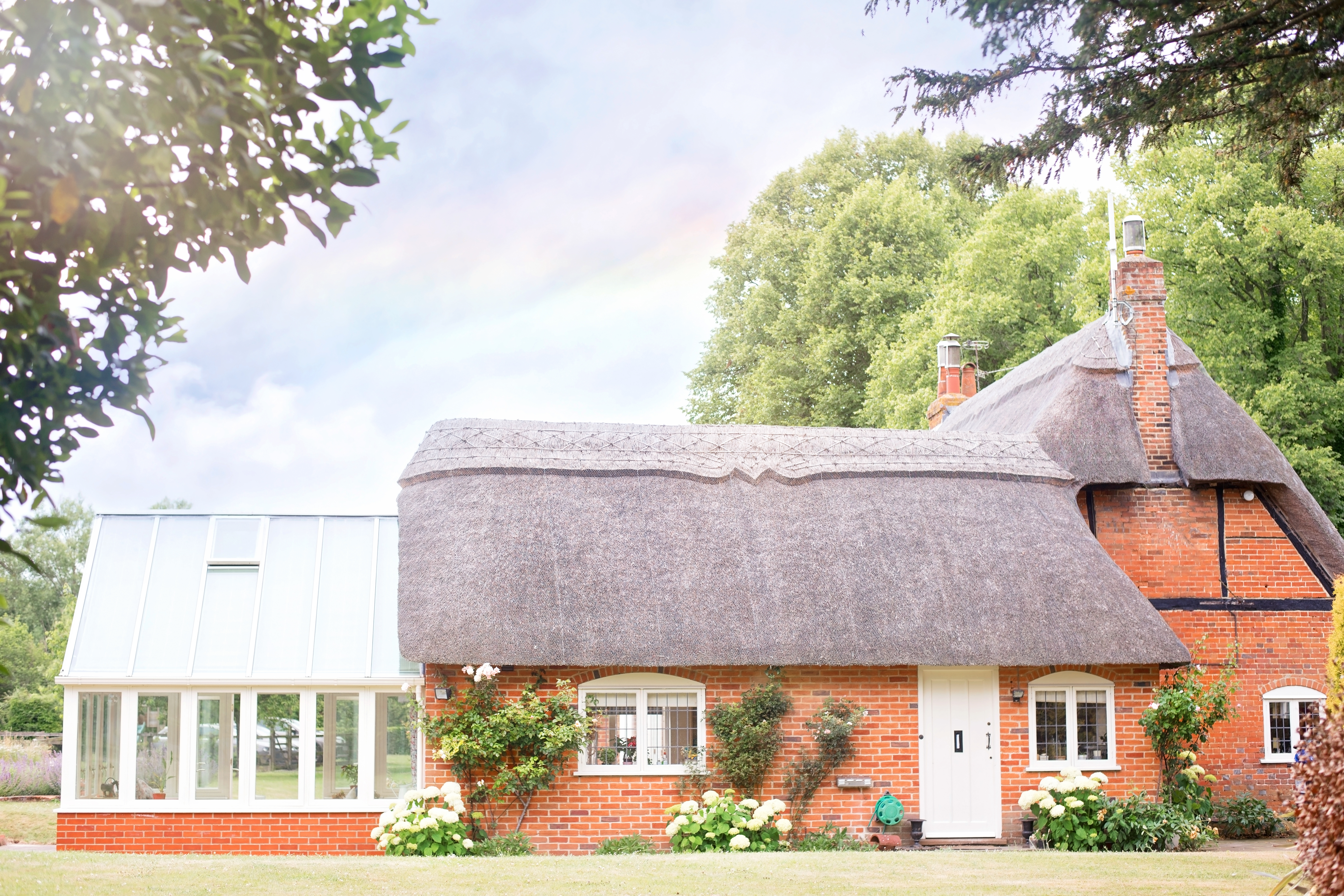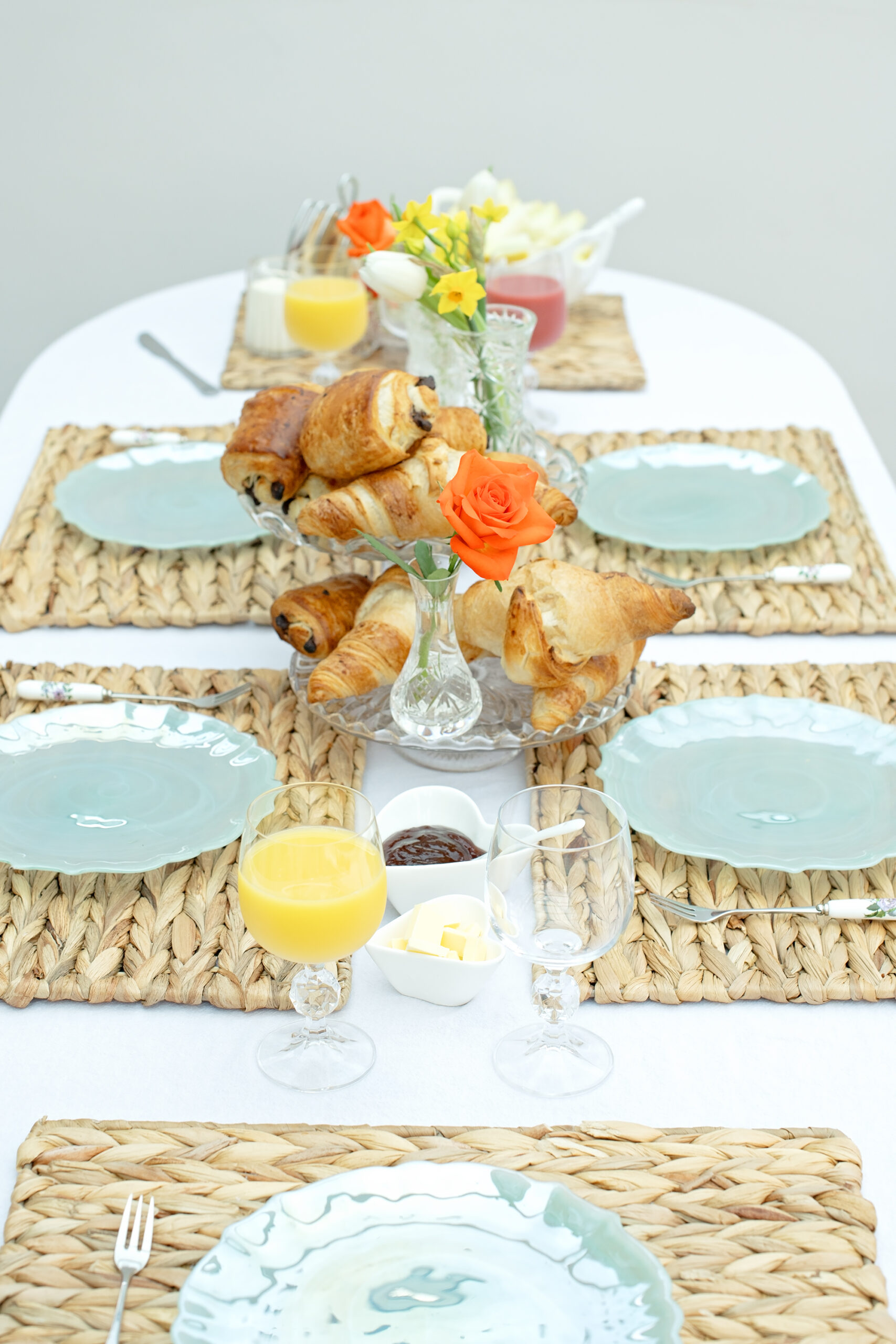Where Is The Best Place To Keep Your House Plants?

House plants are a great way to add life and colour to your home, but not all of them thrive in the same conditions.
Knowing where the best place to keep your house plants is important for keeping them healthy and happy.
Depending on the type of plant you have, there are certain factors that should be taken into account when deciding on an ideal location: sunlight, humidity levels, temperature range, ventilation and more.
We will explore some of these factors in detail so that you can find the perfect spot for each one of your beloved house plants!
Factors to Consider
When considering the best place for your houseplants, there are a few factors to keep in mind.
First, the amount of sunlight it needs. Different house plants require different amounts of light – some prefer bright indirect light while others thrive in darker conditions.
Next is humidity levels; too much or too little can be detrimental to some plants.
Temperature range is also important, as some plants prefer cooler air while others need a bit more warmth.
Lastly, ventilation needs to be taken into account; most house plants will require some kind of airflow in order to remain healthy.
Once you’ve determined the ideal conditions for your plant, you can then decide on the best place to keep it.
Some general guidelines include keeping plants away from windows and doors that open to the outside as this can cause dramatic fluctuations in temperature and humidity levels.
Try to avoid placing them directly near heating or cooling vents as this again may affect their ability to thrive.
If you’re looking for a spot with lots of light, consider placing your plants near a south or east-facing window.
If you would like to keep them in an area with lower light levels, place them farther away from the window and anywhere from two to four feet away from direct sunlight.
For house plants that require consistent humidity, bathrooms and kitchens are good choices as they tend to be more humid than other areas of the home.
Lastly, if you are struggling to find a location with appropriate temperature levels consider investing in an indoor thermometer to monitor these conditions as house plants are sensitive to changes in temperature.
Sunlight Requirements
Sunlight is an important factor to consider when deciding on the best place for your house plants.
Different varieties of plants have different requirements when it comes to sunlight, and these needs must be taken into account in order for them to thrive.
Plants that prefer bright indirect light should be placed near a south or east-facing window, but far enough away for direct sunlight to not be an issue.
If you’d like to keep the plants in an area with lower light levels, it is best to place them two to four feet away from any windows or other sources of direct sunlight.
On the other hand, some house plants need more shade and are better suited for darker areas of the home.
These plants should be kept away from any windows or doors that open to the outside, as well as heating or cooling vents which can cause drastic fluctuations in temperature and humidity levels.
If you are struggling to find an area with low light for your plants, consider placing them in an unused closet or other dark corner of the house.
Regardless of the light levels that your plants require, it is important to check on them regularly and adjust their location accordingly if necessary.
It’s very easy to move your plants around with a DIY plant stand, so consider investing some time in them.
Sunlight is critical for healthy growth, so be sure to provide the right amount of light depending on the variety of houseplant you have.
This will help ensure they stay happy and healthy for many years to come.
Humidity and Temperature Needs
Humidity and temperature are also important factors to consider when choosing the best place for your house plants.
Different varieties of plants have different requirements for both, and these needs must be taken into account in order for them to thrive.
If you’re looking for an area with higher humidity levels, bathrooms and kitchens are the best choices as they tend to be more humid than other areas of the home.
This is especially true if your house plants require consistent humidity levels.
Some plants prefer cooler air while others need a bit more warmth, so you should consider investing in an indoor thermometer to monitor temperature levels and make adjustments accordingly.
On the other hand, plants that require cooler temperatures should be kept away from heating or cooling vents as drastic fluctuations in temperature can cause them to suffer.
Try to avoid placing them directly near any windows or doors that open to the outside as this can also affect their ability to thrive.
Other Tips for Keeping Houseplants Healthy and Happy
In addition to finding the perfect location for your house plants, there are a few other things you can do to help keep them healthy and happy.
First, it is important to water your plants regularly but not too much; overwatering can lead to root rot which can quickly kill any plant.
For most house plants, this means watering once a week or every two weeks depending on the season.
It is best to use room temperature water when possible as this will help ensure that your plants don’t suffer from sudden temperature shocks.
You should also fertilize your house plants regularly to ensure they are getting all the nutrients they need for healthy growth.
Different varieties of house plants require different types of fertilizer, so be sure to check the label and follow the instructions when applying.
Final word
Plants can bring a lot of beauty and life into our homes, but they require special care in order to thrive.
Knowing the specific needs of your plants is key to keeping them healthy and happy for years to come.
To ensure that you’re providing the best environment possible, make sure to keep an eye on sunlight levels, humidity and temperature so that your houseplants have the right conditions needed for optimal growth.
With regular watering and fertilizing as well, you should be able to enjoy their presence in your home without any worries!


